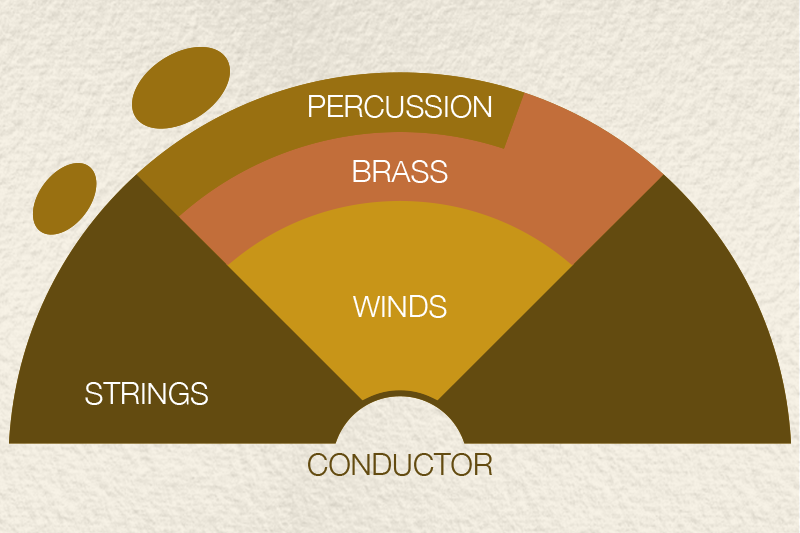Connectivity is just like a piece of music, the basics are already there but you have to bring it to life to be heard. Once you find your melody, the one that truly resonates with you, your empowerment can change the world.
The skills or tools I can share with you help you take that, and turn it into something greater, into a Symphony.
A Symphony takes these melodies and makes them incredibly rich and amazing by having different voices, players, and groups share your vision.
If you start with the Symphony it can be massive and overwhelming.
To Make Your Life A Symphony, you first have to understand that anything that seems too challenging is generally easily divided into manageable parts, and when you find your melody it will sustain you.

